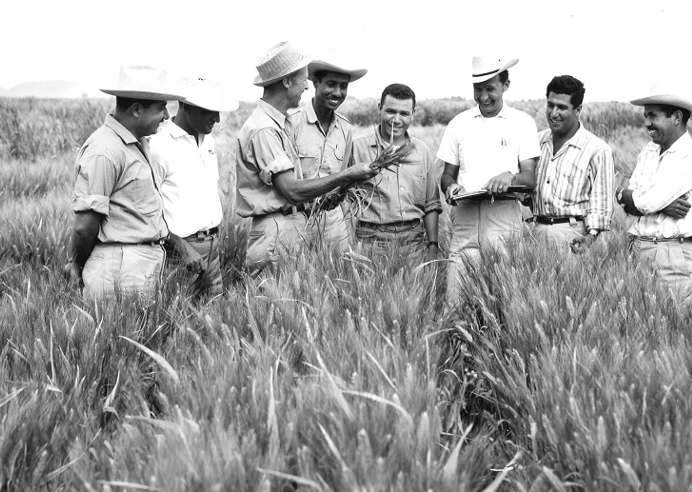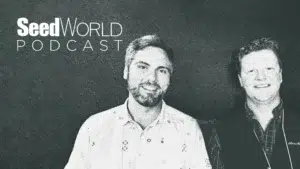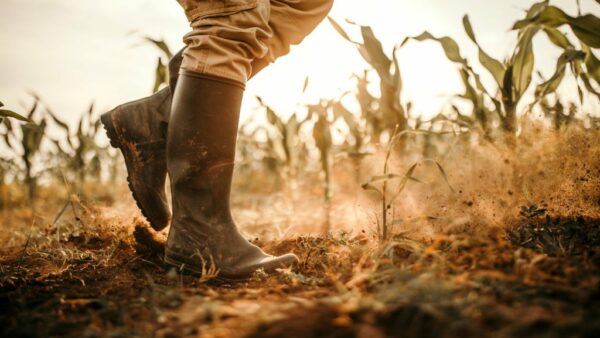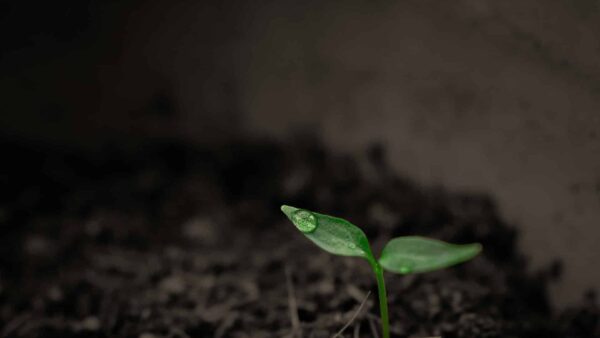There are some organizations that don’t like modern agriculture. I really don’t understand why. My personal hero is Dr. Norman Borlaug who led the green revolution, which lifted millions of people out of poverty and provided food for millions of more who would have otherwise starved._x000D_
_x000D_
The green revolution and the many innovations that have followed are the product of science. Because of this, most of us involved in agriculture tend to rely on scientific arguments to counter those who want to shut down modern practices and tools. However, the language of science does not lend itself to telling our story, and agriculture has a fantastic story to tell. We need to adjust our approach._x000D_
_x000D_
We can’t dismiss those who want to turn back the clock just because we might not understand them. Campaigns aimed at eliminating crop protection products like glyphosate, or inputs like fertilizer, are tapping into an emotional appeal that is real and is driving consumers._x000D_
_x000D_
Pulling out science to say “you’re wrong” does give some personal satisfaction. However, the approach does little to counter the activists. Instead, we too need to reach beyond just science and talk to consumers in their day-to-day life. To do this we need to stand up and talk about what agriculture has delivered._x000D_
_x000D_
A Monty Python bit asked, “What have the Romans ever done for us?” To paraphrase, what has modern farming done for us? Well, there is all this food, of course. The developed world spends less time and energy putting food on the table than any other group of people in the history of the planet. Food has never been safer or cheaper._x000D_
_x000D_
Activists say we could feed the world without modern agricultural practices. But reverting to the time before Dr. Borlaug would mean less, more expensive, food, and greater hunger for many that have abundance today. Agriculture should stand up and be proud of the food we deliver._x000D_
_x000D_
But what about the environment? Isn’t all this food coming at an environmental price that future generations will have to pay? Well, no, actually. Here, too, agriculture needs to stand up and be proud of our sustainability record._x000D_
_x000D_
What does sustainability mean to you? To me, it means growing food in a way that gives a good living to farmers and leaves the land and water in better shape for those who will be farming after us. Canadian farmers are doing just that._x000D_
_x000D_
—Cam Dahl is president of Cereals Canada












